Why Huawei CEO Ren Zhengfei is reading The American Trap by Frenchman Frederic Pierucci
- A book chronicling former Alstom executive’s imprisonment in the US on bribery charges is being read by Huawei employees
- The American Trap is the top-selling book on Chinese e-commerce sites and goes on sale in Hong Kong on Friday
Frederic Pierucci, author of the book Le Piège Américain, or The American Trap, says China has become the next big target of US extraterritorial laws, citing the cases of Huawei Technologies and ZTE Corp. Photo: Twitter
When photos of Huawei Technologies founder Ren Zhengfei showing journalists around his office began to circulate this week, there was a book on his desk that caught the eye of the Chinese internet community. The tome, a Chinese translation of Le Piège Américain, or The American Trap, was written by Frenchman Frederic Pierucci, a former executive with French rail transport company Alstom, about his five-year-long tussle with the US Department of Justice.
The American Trap, released in France since January, was the top-selling business management book on JD.com and No 1 new title on Dangdang.com, two popular Chinese e-commerce sites. The book, written with journalist Matthieu Aron, goes on sale in Hong Kong on Friday.
The book has captured the imagination of Chinese readers because it mirrors in some ways what happened to Huawei chief financial officer Meng Wanzhou, who was detained in Vancouver on December 1, and is out on bail and facing extradition to the US on allegations of helping defraud banks to circumvent US sanctions on Iran.
Pierucci was arrested as he disembarked from a Cathay Pacific flight in New York in 2013. He pleaded guilty to charges of authorising bribes to Indonesian officials to win a boiler plant order, under an anti-corruption law that allowed the US to pursue cases overseas if the transaction was made in US dollars or email passed through US servers.
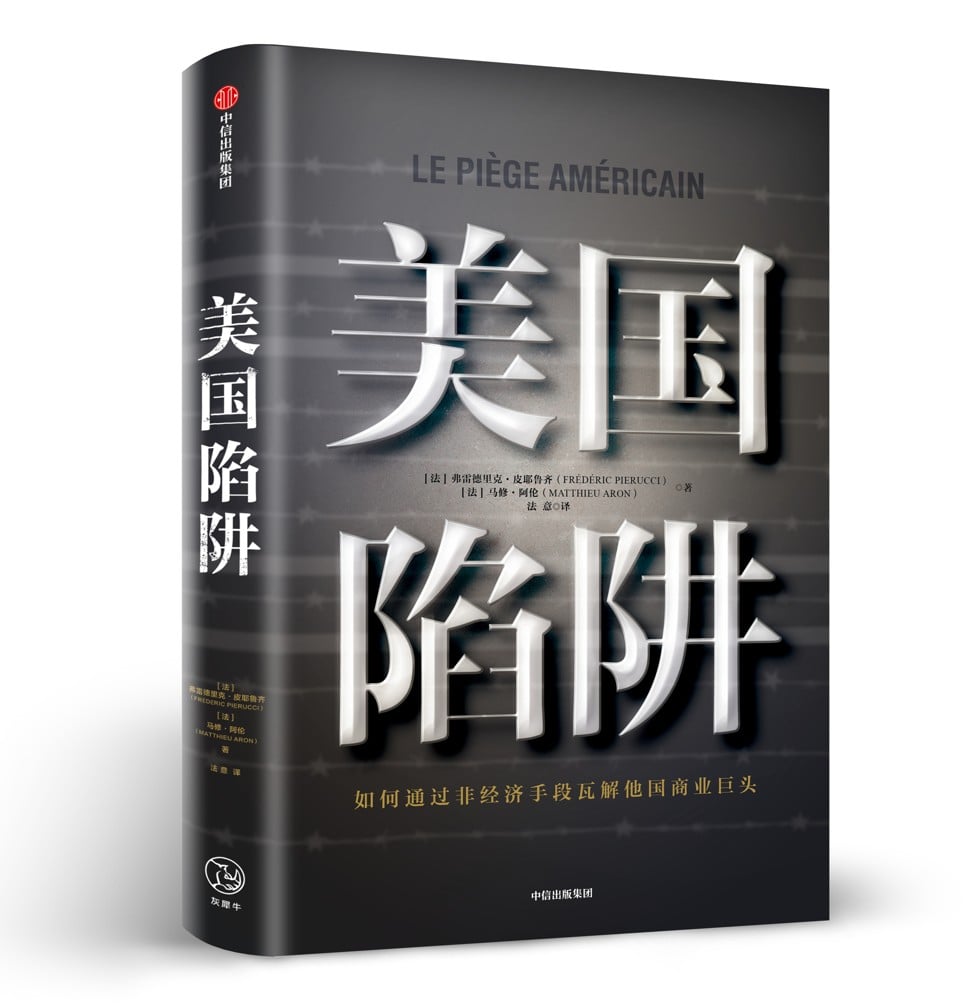
The Chinese translation of Le Piège Américain or The American Trap, written by Frederic Pierucci, chronicles the former Alstom executive five-year-long tussle with the US Department of Justice. Photo: Handout
Pierucci ended up serving two years in prison in Pennsylvania and Rhode Island, and was also put on parole for three years. He claims that the anti-corruption investigation was motivated by the US helping General Electric in its acquisition of Alstom’s energy business. Pierucci now advises companies on their anti-corruption policies.
In an interview with the South China Morning Post from Paris, Pierucci said that Europe was previously a big target of America’s extraterritorial laws, while China is the next target, citing the cases of Huawei and ZTE Corp as examples. Huawei was added to a US trade blacklist this month, prohibiting it from doing business with American companies without permission under a “presumption of denial”.
Last year, ZTE was brought close to ruin after the US initiated an export ban on the company for breaching the terms of a settlement.
On the detention of Meng, Pierucci said the US was using “exactly the same tactic” by getting someone close to the company’s leadership, putting pressure on them to cooperate with the Department of Justice. He also accused the US of using its judicial system to weaken its competitors and gain profits for their own companies. When asked about having been in contact with Huawei, Pierucci said that he has never been contacted by Huawei or received any payment from the company.
“China and Europe should react jointly and oppose the United States. You can only react and show you’re strong,” he said. “If you show them you’re weak, they’ll continue with the same thing. We need to also put fines to US companies, if necessary.”
According to Pierucci’s study of the past cases under the US Foreign Corrupt Practices Act, the US targeted companies in strategic industries, including telecommunications, pharmaceutical, oil and gas, in foreign countries. For foreign businesses trying to avoid the so-called America trap, stringent anti-corruption policies should be set up within the organisation, but the businesses will also require political response from their governments, Pierucci said.
“This trade war hopefully can cool down, but I’m not so optimistic about that,” he said. It is easier for China because it does not have to compromise with other countries, but Europe is more complicated because “every single country has their own agenda”, he said.
Several Huawei employees who spoke to the Post on condition of anonymity said they have read Pierucci’s book. It can be found throughout the Huawei campus, including in the library and coffee shops. Huawei declined to comment.
Pierucci said he believes Ren, Huawei’s 74-year-old chief executive, is “in a very difficult situation” given the US pressure. Ren himself, in comments to media, has struck a confident tone that the Shenzhen-based telecoms giant, which surpassed US$100 billion in revenue last year, would weather the US sanctions.
On his eldest daughter, Ren told state broadcaster China Central Television that Meng has been keeping busy and would probably get a doctorate in prison.

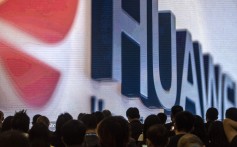
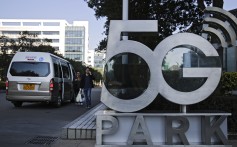
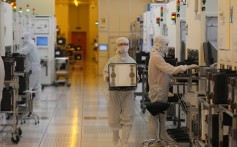
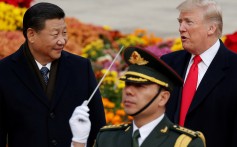
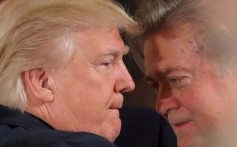
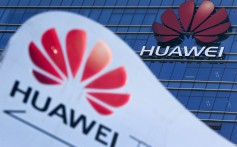
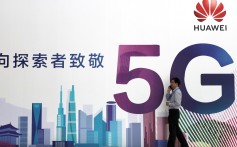
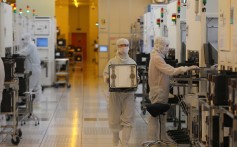
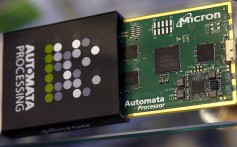

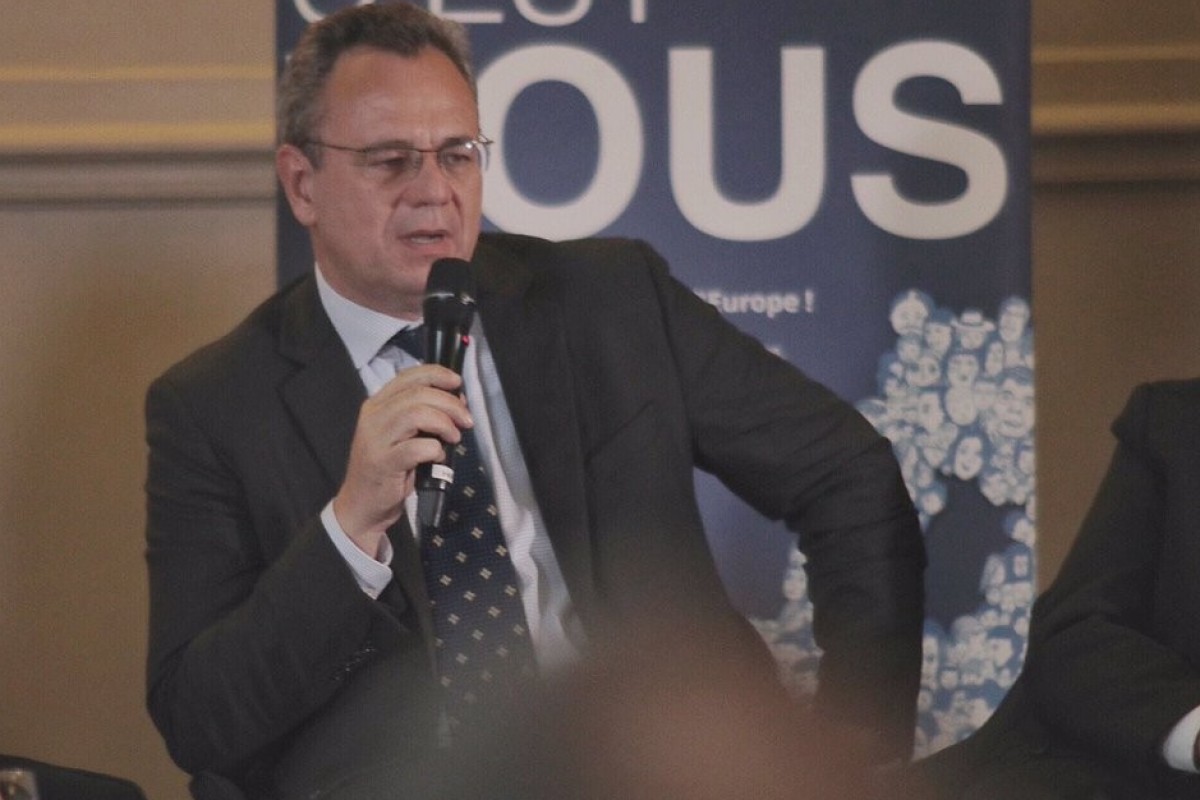
Comments